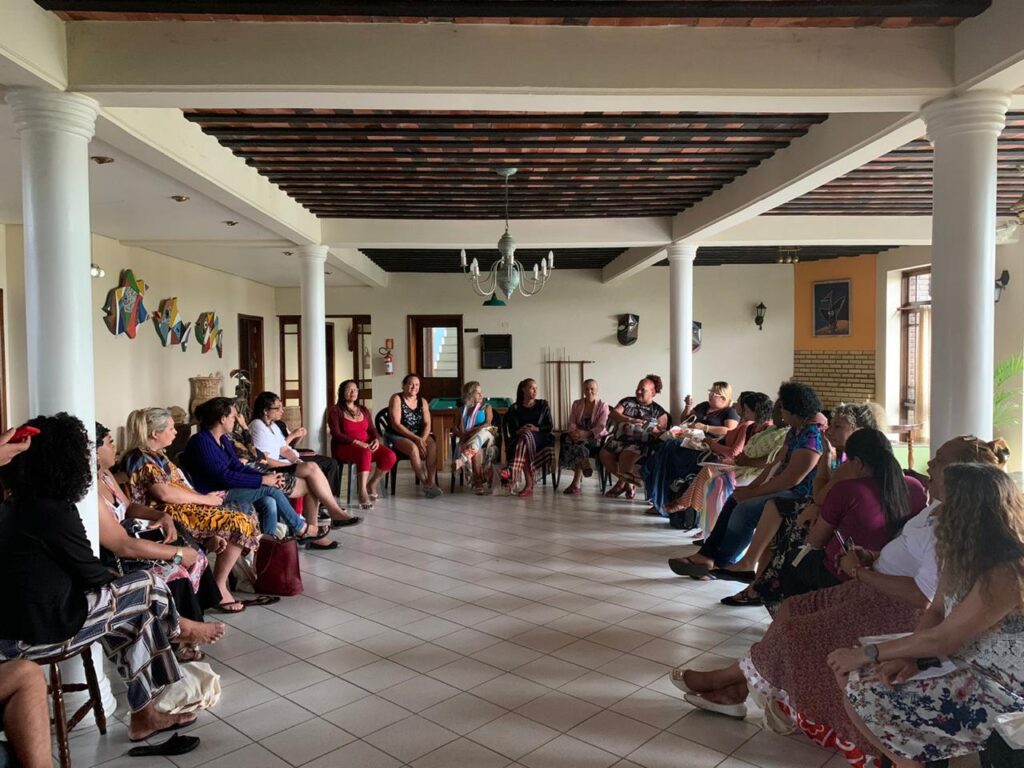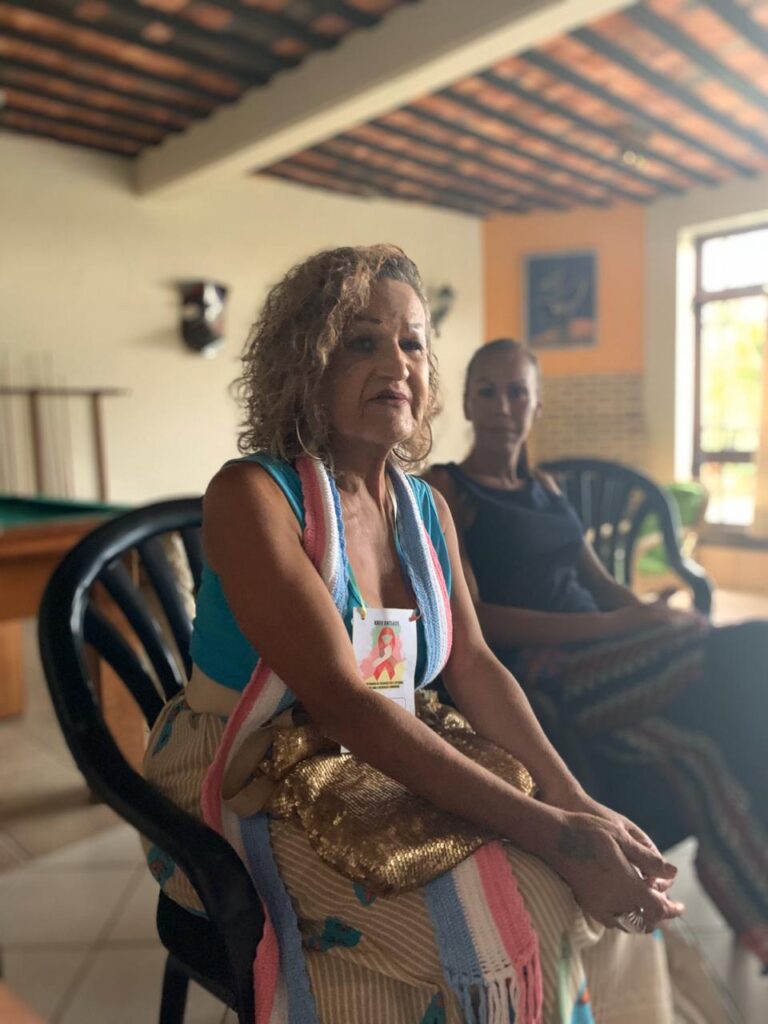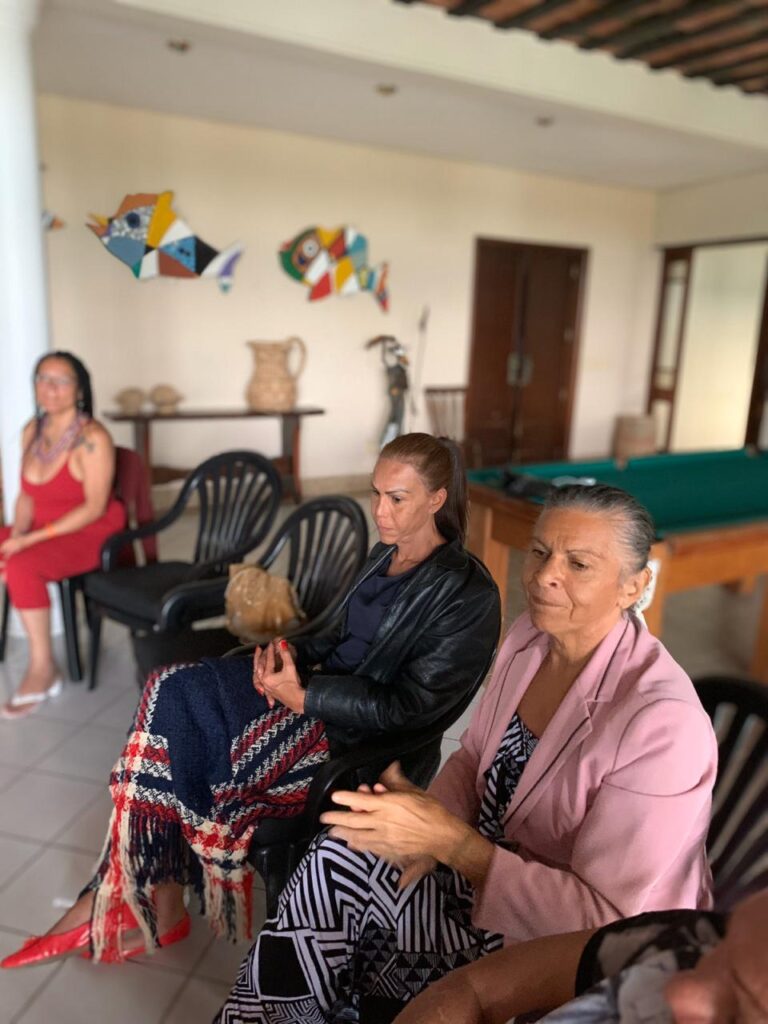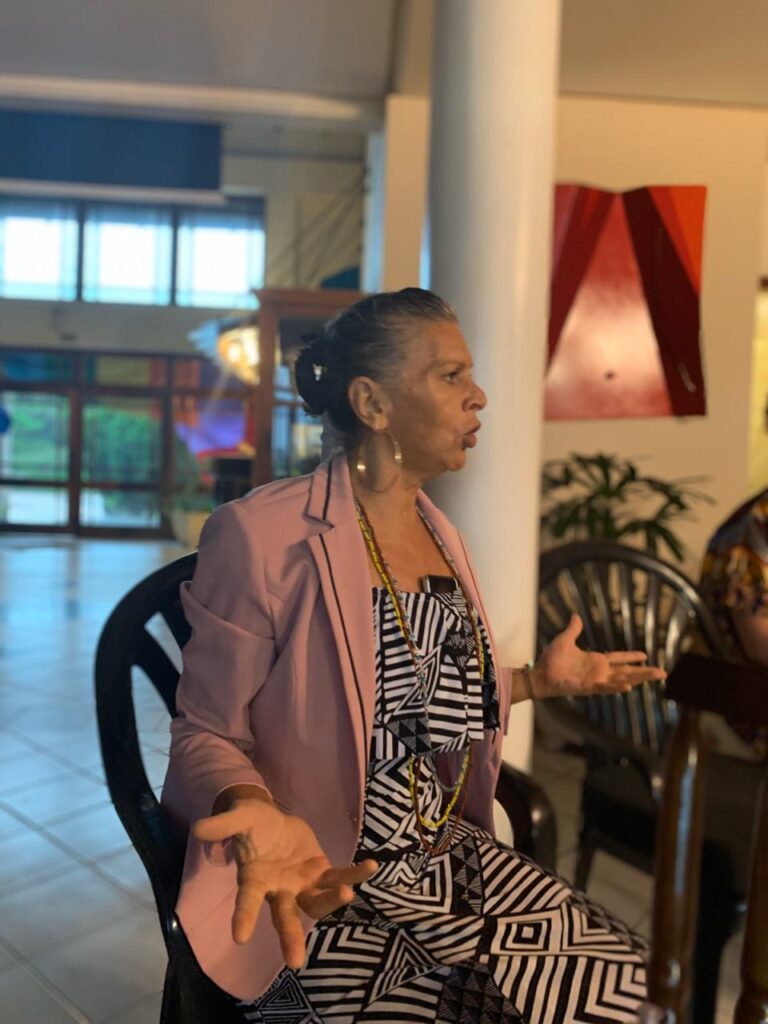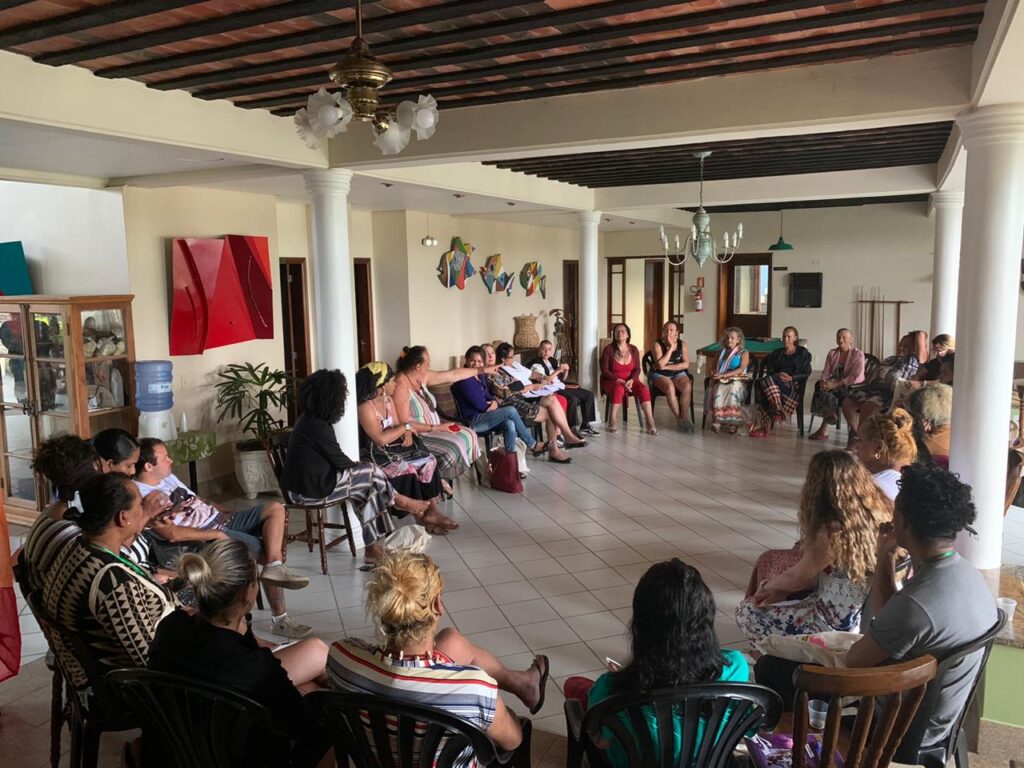XXIII National Meeting of the National Association of Travestis and Transsexuals(ANTRA): “Addressing Prejudice and Stigma with Combined HIV Prevention”
Last week, October 28-31, the 23rd national meeting of the National Association of Transvestites and Transsexuals (ANTRA) took place, a network of Brazilian trans organizations working to promote the rights […]
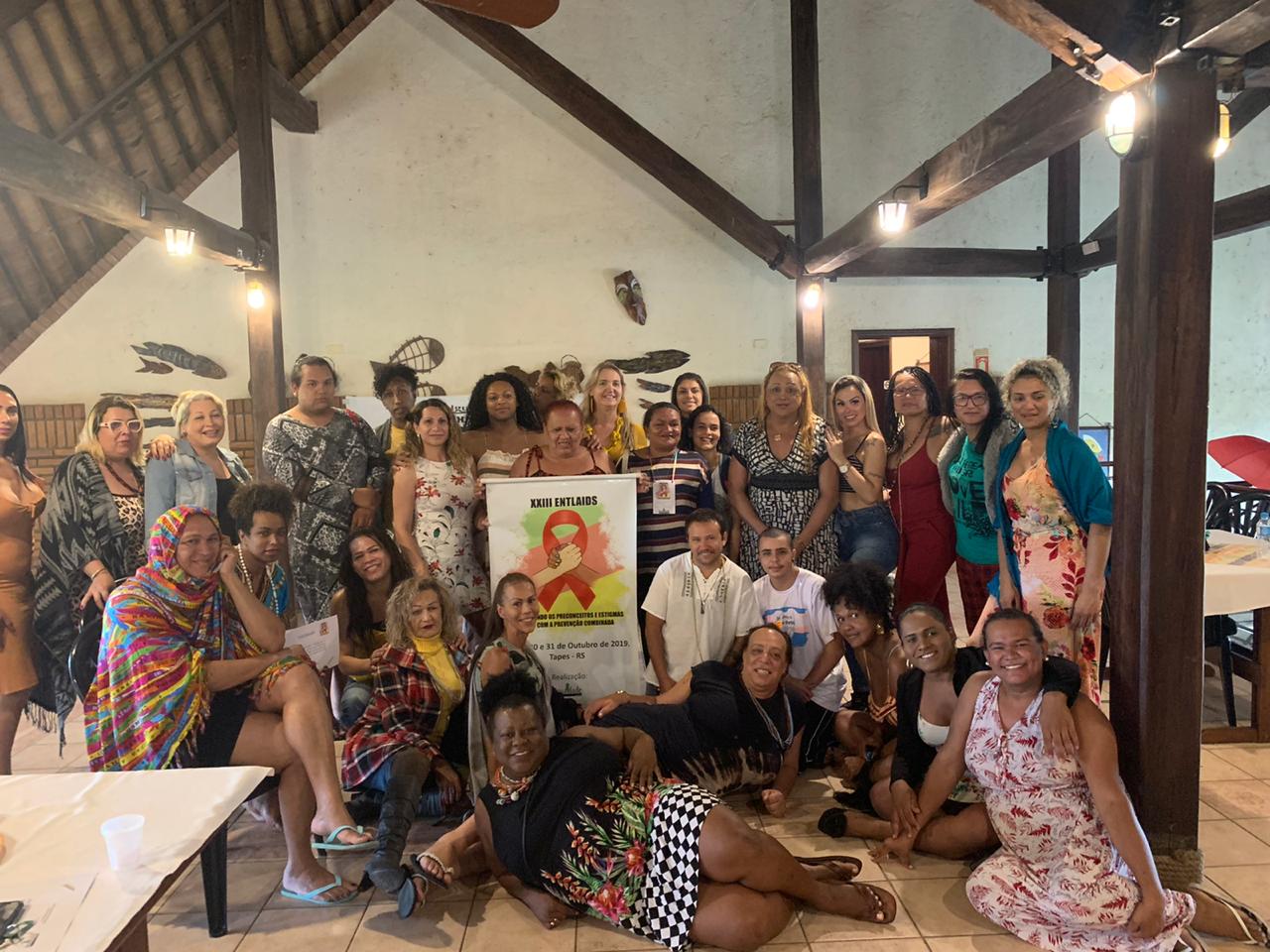
Last week, October 28-31, the 23rd national meeting of the National Association of Transvestites and Transsexuals (ANTRA) took place, a network of Brazilian trans organizations working to promote the rights of transgender people. The meeting’s theme was “Addressing Prejudice and Stigma with Combined HIV Prevention,” and was attended by around 60 trans activists representing all 21 states of Brazil.
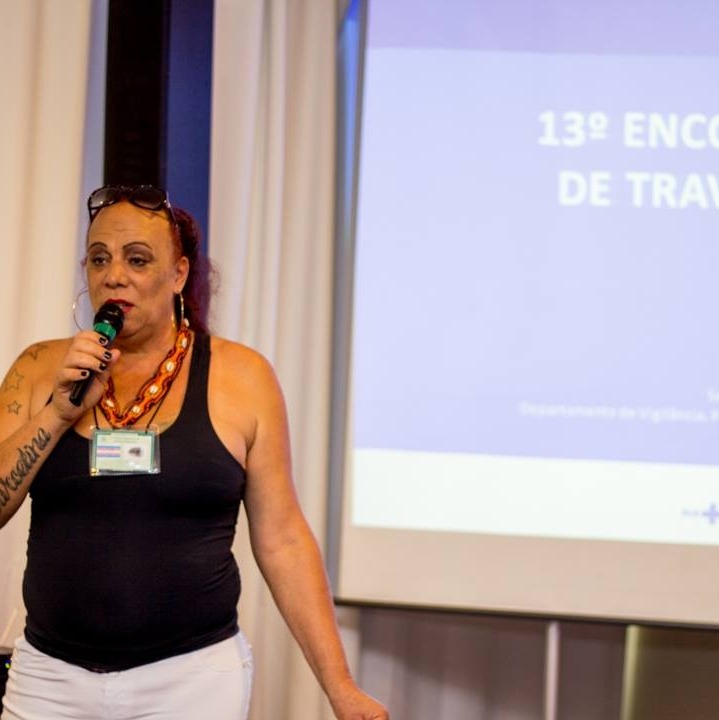
The meeting took place in the city of Tapes, 108km from Porto Alegre, capital of the state of Rio Grande do Sul. The option of holding the national meeting outside of the main metropolitan areas of the country was due to the great invisibility of human rights violations that occur far from large urban centers where all major events occur. Indeed, during the meeting, many activists reported their precarious conditions for reporting human rights violations and for giving visibility to the murders that occur without any media coverage.
“Throughout Brazil, inland cities are largely abandoned by all LGBTI policy managers and portfolios. We must have a more direct and incisive look at this population which is so devoid of rights. This is why we need to do more actions outside of the principal cities. ” Pitty Barbosa, from the city of Iguaíba which is located in the countryside of Rio Grande do Sul, affiliated with ANTRA
Due to a lack of resources, the meeting did not happen two years ago. Besides this, unlike in other years in which it was possible to hold regional meetings prior to the national ones, there were no resources or structure to hold the regional meetings, which made it impossible to gain a deeper understanding before the debates.
HIV epidemic in Brazil
Brazil is currently experiencing a new HIV epidemic. According to the latest data from the epidemiological bulletin released annually by the Ministry of Health, between 2007 and 2017, the number of young people infected with HIV jumped from 1,320 to 10,618, a growth of about 700%.
However, the alarming increase in the number of cases of HIV infections, AIDS illness and deaths due to opportunistic diseases has not reached all sections of the population in a homogeneous way. AIDS in Brazil has class, race, gender and sexuality.
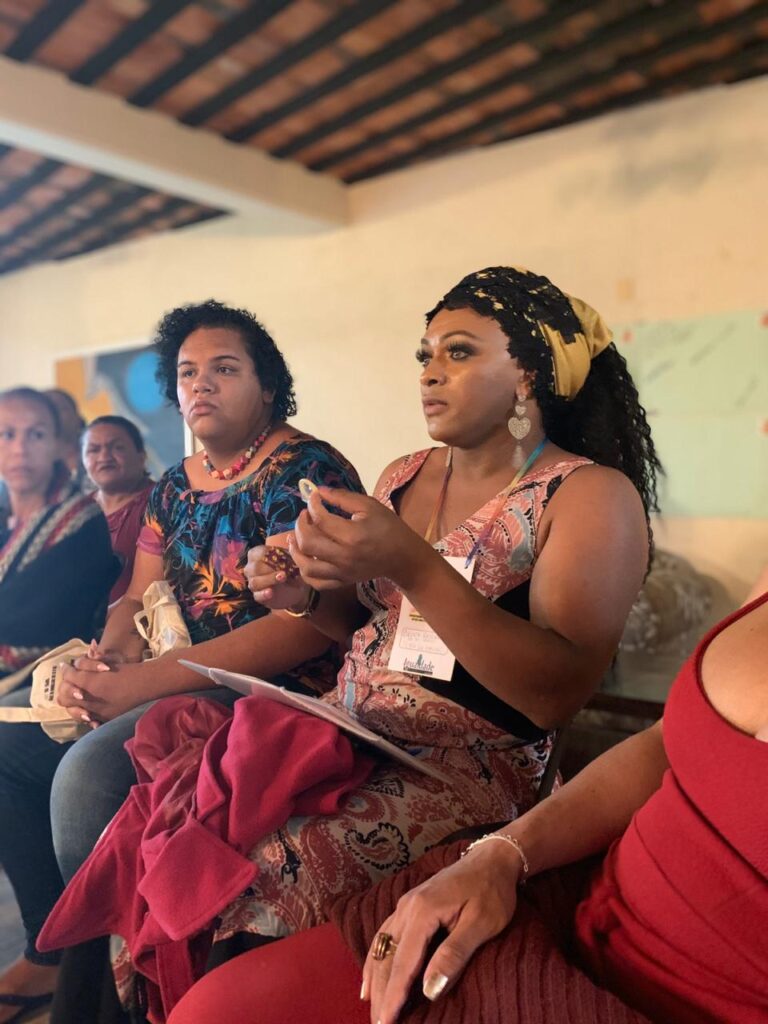
For example, by analyzing data on race / color and gender categories over the past 10 years for AIDS deaths, major discrepancies are observed. While, in the last 10 years, white men and women have experienced a large reduction in the number of deaths from 5461 in 2007 to 4352 in 2017, the same has not happened for the black population. In 2007 there were 5111 deaths of black men and women, while in 2017 the number rose to 6699.
A similar movement is observed if we look at infections by sexuality. In 2007 heterosexual men accounted for 46.7% (1230) of those exposed to HIV in Brazil, and in 2017 they represented 34.1% (9027). Men who have sex with men, in turn, went from 45% (1569) to 63.3% (16633) in the same time period, becoming a large majority, and showing that there was a failure in prevention.
Representatives of the Ministry of Health who attended the ANTRA meeting mentioned a recently commissioned survey by the Ministry that estimated that today about 40% of Brazil’s population of transvestites and transgender women live with HIV. However, throughout the epidemiological bulletin, there is no mention of transgender people.
This unfeasibility reveals how cis-heteronormativity is positioned as the universal parameter of Brazilian institutions, which are not committed to the lives of trans people in the country.
This is because transvestites and transgender women are, as a rule, allocated to the category of “men who have sex with men” unless, in theory, they have been able to rectify their name and sex on the civil registry.
In any case, the ANTRA meeting was an opportunity for the various activists who were present to learn, on one hand, about the mechanisms of combined HIV prevention, asking which strategies make the most sense for the reality of transvestites and transsexuals, who do not have the same level of information and access to state resources as cis white gay men living in urban centers.
Also, several difficulties that this population faces in their day-to-day life concerning the healthcare system were shared, such as: people who had their serology exposed to their communities, doctors who missed their appointments on the day that their viral load would occur, health professionals who did not have the antiretroviral drug on the day they should get the drugs, among many other things that have an impact on transvestites and transgender women’s ability to gain access to HIV treatment in Brazil. At a time when the fundamentalist conservatism that has been growing in Brazil has been trying to curb HIV prevention campaigns so as not to “sexualize” young people, the organizations that attended the ANTRA meeting were unanimous about the need for support for prevention policies that can come through, directly to the population that needs it the most.
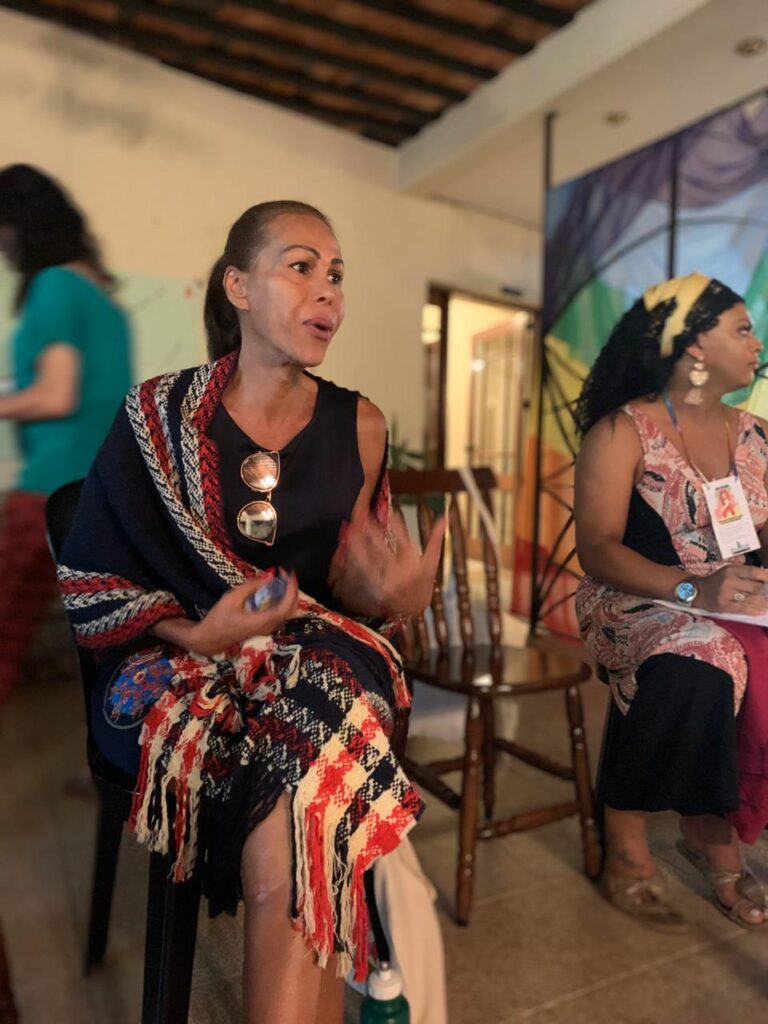
The lives of transgender people cannot be set aside. Race and Equality remains committed to supporting organizations working to combat racism, machismo, and LGBTI phobia in the country, also when expressed at an institutional dimension. We congratulate the National Association of Transvestites and Transsexuals for the event, and call on the Brazilian State to promote specifics aimed at facing the HIV / AIDS epidemic at a time when the black, LGBT, and especially the trans population has been so hit by this epidemic.
